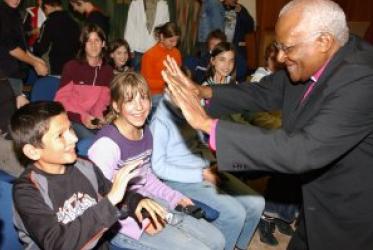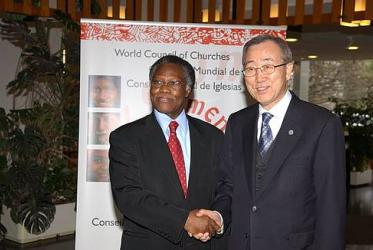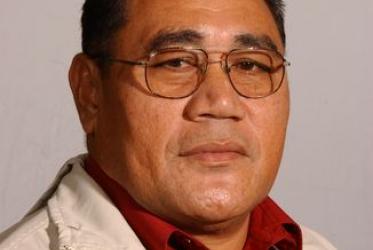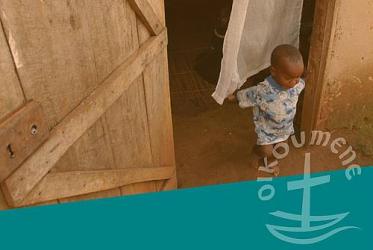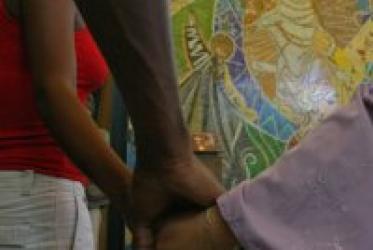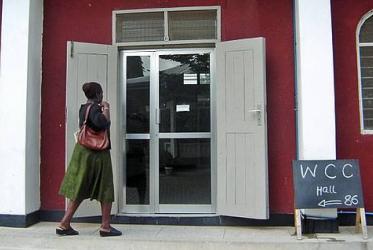Displaying 1941 - 1960 of 1972
Bringing hope to a broken world
14 April 2008
"Like being in the center of the globe"
20 February 2008
WCC statements address climate change, other topics
20 February 2008
HIV/AIDS: "We can't be silent"
19 February 2008
Ambassadors of hope
18 February 2008
Serving as stewards
14 February 2008
Christian youth movements call for signs of unity
24 January 2008
Churches want to see a new paradigm on climate change
11 December 2007
Trade Week of Action galvanizes churches
11 October 2007
